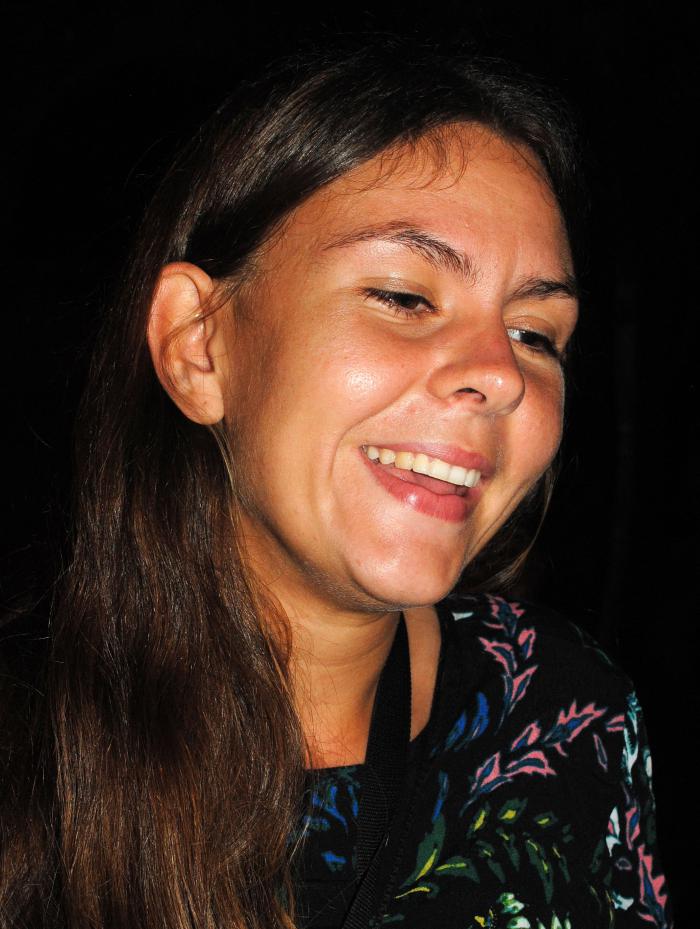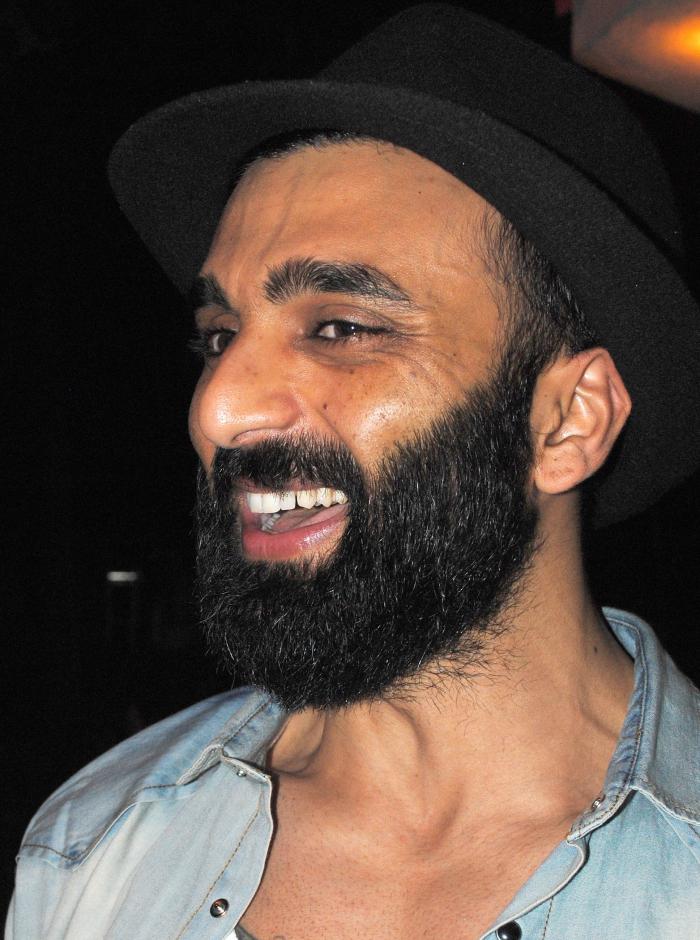
More than 60 Europeans and 27 Australians and New Zealanders joined the Nordic and Southern Cross solidarity brigades, respectively, motivated by the opportunity to celebrate the 57th anniversary of the Cuban Revolution, the 55th anniversary of the founding of the Cuban Institute of Friendship with the Peoples (ICAP) and tour the country to witness its reality.
On being welcomed by ICAP representatives at the Julio Antonio Mella International Camp, located in the Artemisa municipality of Caimito, these friends expressed their desire to accompany the Cuban people in the symbolic New Year’s celebrations, and learn of the battles waged by the Caribbean nation against imperialism.
The Nordic brigade, including European visitors from Sweden, Britain, Ireland, Denmark, Norway, Finland and Italy, began its activities on December 17, and will end on January 7, 2016.
History and Philosophy graduate Martin Blindheim lives in Oslo and works as a Health Ministry official attending drug addiction and alcoholism programs. He hopes to meet Cuban colleagues to learn about specialized sociological treatment of these issues.
“I come from a family that loves the Revolution, they closely followed the social changes in Cuba and admired your leaders Fidel Castro and Ernesto Guevara. My parents instilled in me the value of solidarity with the peoples of the world,” the Norwegian explained.
Julia Jönsson, 23, lives in Landskrona, 600km south of Sweden’s capital, close to Denmark. She came to spend a semester at the Carlos Rafael Rodríguez University of Cienfuegos.
She notes, “I am interested in experiencing a different social project, far removed from capitalism. Here I receive classes in Spanish language, history, geography and socio-cultural studies. Since I arrived, I have spent time with several families, who offer me much affection.”
Julia studies at the Kvarnby Folkhögskola University in Sweden, where a professor belonging to the Swedish-Cuban Association told her of the activities of the brigade, which combine productive work sessions with visits to historical, cultural and recreational sites. When her mother told her she, too, intended to visit the island, Julia proposed they join the solidarity brigade.
“I like Cubans’ way of life, they interact face to face, they walk the streets with complete confidence, without fear of any kind,” she says, adding, “I've seen children playing in public places, young people participating in political and community activities, and the people freely expressing their opinions.”

Her mother, Solveing Jönsson, expresses similar views and notes, “In our capitalist societies we have lost physical contact between people and replaced it with alienating technology such as social networking sites.”
During their stay, they have learned of the significant material damage caused by the criminal U.S. economic, commercial and financial blockade of the country. They intend to support Cubans in their struggle against this interventionist policy, and encourage them to continue in the construction of their own social model, inspiring positive human values.
London painter Kashif Aimuden has read about the history of the political process on the island from January 1, 1959. He is aware of the Cuban medical assistance in other countries, the contribution to eradicating illiteracy and the role of Cuba in African independence struggles. He hopes to personally contribute to the various tasks performed in the construction of socialism.
“When I return home, I will talk about my experiences on the brigade. I will call for other people to come and see with their own eyes the beauty of this land. At the Camp, I conversed with people from various European nations with diverse opinions. Today I am convinced I want to follow the example of Che.”
With similar intentions, since December 27, the Southern Cross Brigade has been staying at the International Camp, made up of Australians and New Zealanders, who are undertaking voluntary work in Cuban agricultural cooperatives and interacting with authorities and the people of Artemisa province.
The brigadistas also attend talks on the updating of the economic model and democracy in Cuba, among other issues of the day. They have been keen to learn more about the Mariel Special Development Zone and the recent debates in the National Assembly of People’s Power, which took place December 26 - 29. The brigade activities will culminate on January 15.















